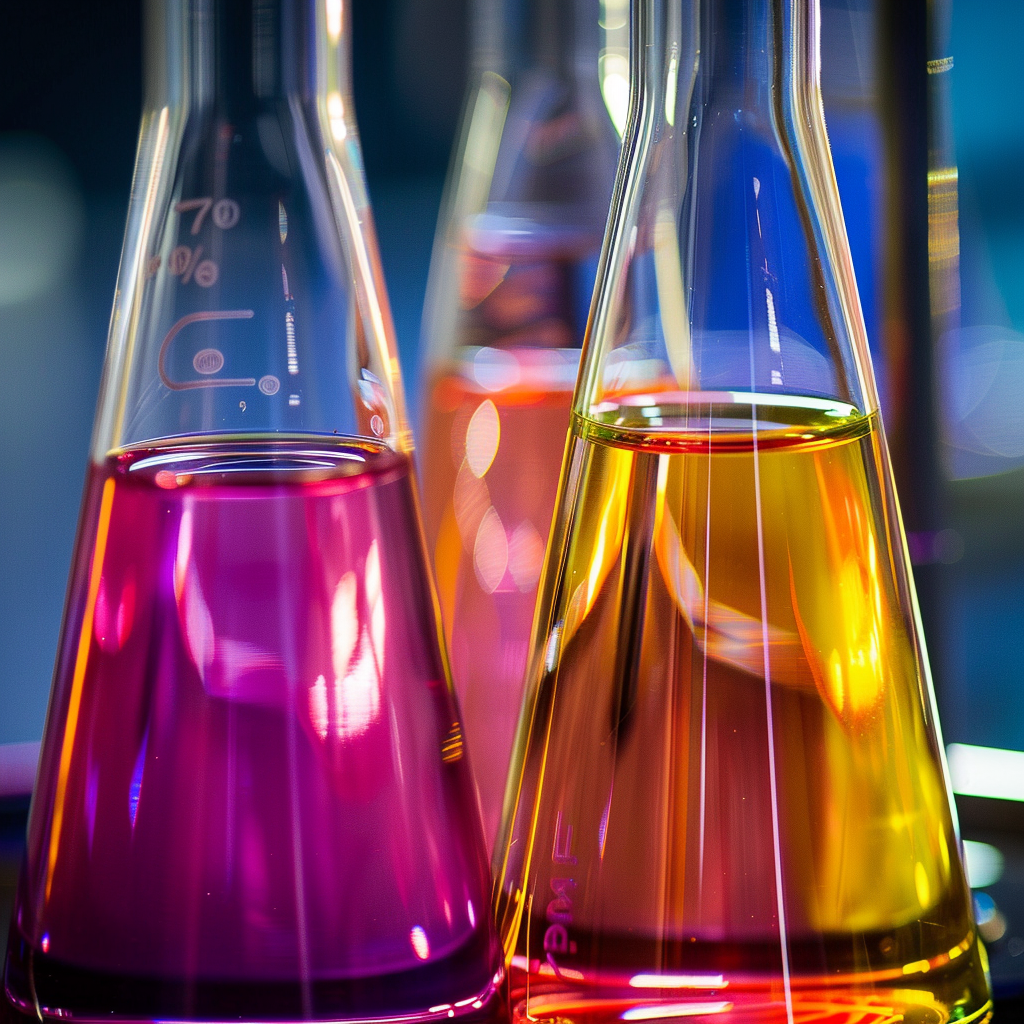The typical soaps found in supermarkets shelves contain an array of chemicals, used as thickeners, detergents, preservatives, antimicrobials, emollients, and sequestering agents, which are added to improve the texture, cleaning, shelf life, and appearance of soap. See below for more details:
Fragrances: Unless it specifies that it’s scents are phthalates-free, commercial soap probably contains synthetic fragrances, which contain phthalates. This is troubling because phthalate exposure in early childhood has been associated with altered hormone concentrations as well as increased allergies, runny nose, and eczema. Also, phthalates can increase the risk of breast cancer by disrupting endocrine functions, which are responsible for creating and releasing hormones in your body.
Antibacterial and Cleaning Agents:
Triclosan or Triclocarban: Known to be an endocrine function disruptor leading to reproductive problems, birth defects, and organ toxicity. It is also a probable carcinogen, while offering no real antibacterial benefit.
Sodium Lauryl Sulphate (SLS): Found in nearly 90% of skincare products as a cleaning agent. However, as much as it does its job, it’s harsh on the skin and can cause several health issues like hair fall, organ failure, and so much more. It is also considered a potential carcinogenic.
Preservatives: These are chemicals used to preserve the soap and prevent the growth of bacteria, mold, and yeast. Although effective in that sense, they’re dangerous to your health.
Parabens: Contain Oestrogen-like qualities that are greatly associated with breast cancer and tumors. When absorbed into your skin, parabens can increase estrogen activity in your body. As a result, these chemicals trigger elevated division amongst breast cells, which can then lead to the development of breast cancer.
Formaldehyde: Used to prevent bacteria build-up, however, the International Agency for Research on Carcinogens (IARC) has deemed this chemical a carcinogen linked to cancer-related health issues. In addition, it can also damage the immune system and cause allergic reactions to the skin.
Moisturizers: More than cleaning, soaps should ideally moisturize the skin. To do that, many commercial soap companies integrate a chemical called propylene glycol.
Propylene Glycol: This is an organic alcohol with skin-conditioning properties. Despite that, it is also classified to be a skin irritant associated with causing hives and dermatitis.
Chelating Agents: Used in soap to protect it from rancidity by immobilizing trace metals that can cause soap to become rancid. They are also used to prevent soaps/detergents reacting with the mineral deposits in hard water and forming soap scum. Some widely used are:
Pentaerythrityl Tetra-Di-T-Butyl Hydroxyhydrocinnamate: A synthetic antioxidant that is considered safe to use in the US, but listed as reproductive toxin in The European Union.
EDTA (Ethylenediaminetetraacetic acid): In laboratory animals it has been found to be both cytotoxic (damage or kill cells) and genotoxic (damage cell’s the genetic information which may lead to cancer).
You should always choose Natural Soap
The only way for you to protect yourself from these harmful chemicals is to switch to Natural Soap.
Organica Eco Soaps offers natural soaps free of toxins and synthetic ingredients. Choose from a variety of options to protect your skin and enhance its natural properties.







